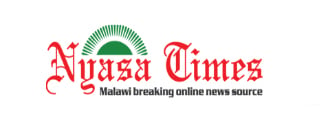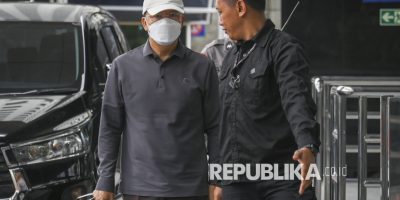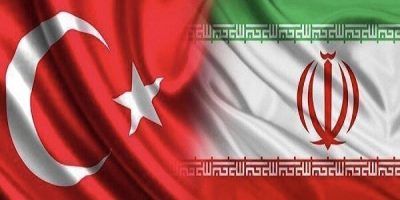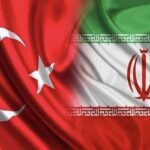In the shadowy world of Malawi’s fuel procurement, a fierce battle is unfolding—one that pits the nation’s highest office against a determined power broker in a fight for control over billions in fuel revenue. At the heart of this conflict is Colleen Zamba, the embattled Secretary to the President and Cabinet, whose smear campaign against President Lazarus Chakwera has become a full-blown media war. Her motive? To protect her alleged involvement in fuel cartels that have reportedly siphoned off over K60 billion from the nation’s coffers.

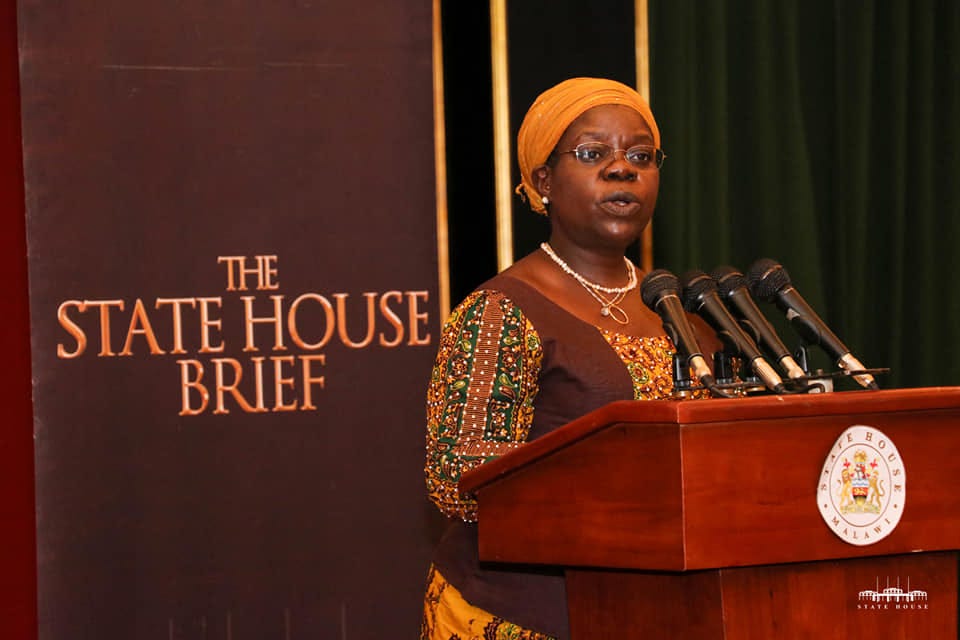
Sources within the corridors of power say that the roots of Zamba’s campaign stretch back to a pivotal moment: President Chakwera’s decision to sideline her from any involvement in the country’s fuel procurement process. The decision was made last month when Chakwera announced the formation of a new Taskforce on Fuel Procurement, designed to tackle the ongoing fuel crisis that has left Malawians grappling with shortages, high prices, and corrupt dealings in the fuel supply chain.
With Chakwera’s move, Zamba—once a central figure in the procurement process—was effectively removed from the decision-making table, an act that has sent shockwaves through the corridors of power. But rather than retreat quietly, Zamba has launched a ruthless counteroffensive, one that involves strategic media manipulation, covert influence over journalists, and carefully planted disinformation. Her goal? To tarnish the reputation of the President, discredit the new taskforce, and, in her own words, “expose” what she claims is a flawed and illegal system that bypasses proper protocols.
In a bid to end the rampant corruption in fuel procurement, President Chakwera appointed Energy Minister Ibrahim Matola as the Cabinet-level coordinator, with Henry Kachaje, chairperson of the Malawi Energy Regulatory Authority (MERA), acting as the technical coordinator.
The taskforce also includes figures such as Reverend Zac Kawalala, a Pentecostal cleric with a reputation for honesty, and Hellen Buluma, the former CEO of the National Oil Company of Malawi (NOCMA), who had previously implicated Zamba in shady fuel deals.
With these figures at the helm, the taskforce has already signed agreements with fuel suppliers in Kenya, Abu Dhabi, and the UAE, shifting the country toward government-to-government fuel supply agreements that cut out the middlemen, including those allegedly connected to Zamba’s operations.
This direct approach is designed to save Malawi from the massive financial losses it has suffered in recent years, with experts predicting that it will lead to better fuel availability and lower prices by December.
But Zamba, whose influence over the country’s fuel procurement had been long established, is determined to maintain her grip on the lucrative business. And she has begun her battle by targeting the individuals leading the charge for change.
A key source close to the taskforce revealed the extent of Zamba’s campaign, which operates like a well-oiled machine, drawing on her vast network of contacts and influence. According to the source, Zamba is using a combination of bribery, manipulation, and media control to undermine the taskforce and cast doubt on its integrity.
“She is paying senior journalists and editors at leading media outlets to run negative stories about the taskforce,” the source disclosed. “These stories are not based on fact, but on rumors and innuendos that paint the taskforce as corrupt, illegal, and bypassing protocols. She is also talking to influencers on social media, telling them that the taskforce’s work is not legitimate. The aim is to disorient the public and create a sense of chaos around the taskforce.”
Indeed, over the past few weeks, negative stories about the taskforce have flooded the media, with reports claiming that the team is overstepping its mandate, that its members are unqualified, or that the government-to-government agreements with foreign suppliers are part of a secret deal to funnel money to “unscrupulous individuals.” These narratives, though lacking concrete evidence, have been picked up by various outlets, fueling skepticism among the public.
One particularly damaging smear claimed that the inclusion of Reverend Kawalala in the taskforce was nothing more than a ploy to hide the President’s true intentions, implying that Chakwera was using the cleric to shield the taskforce from scrutiny. Another report suggested that the new procurement model would lead to widespread fuel shortages rather than solving the crisis.
These stories are also designed to cause friction between Chakwera and his key allies within the taskforce, such as Minister Matola and Prince Kapondamgaga, the President’s Chief of Staff. Zamba’s strategy, according to insiders, is to divide and conquer by sowing discord among those closest to the President.
For Zamba, the stakes are high. The fuel procurement process is a highly profitable industry, and her alleged ties to various fuel cartels have raised questions about her financial interests in maintaining the status quo. The claims of shoddy deals, inflated prices, and kickbacks in the past fuel procurement arrangements have made Zamba a controversial figure. According to one source, Zamba has been accused of manipulating contracts and siphoning off state funds through a network of intermediaries who controlled the flow of fuel imports.
“It’s no secret that Zamba has made millions from fuel deals over the years,” said a senior government official who spoke on condition of anonymity. “Her network is vast, and it’s well-known that she’s used her position to secure lucrative commissions and kickbacks. The taskforce is a direct threat to that power.”
Zamba’s supporters, however, argue that her removal from the procurement process is politically motivated. They claim that Chakwera’s decision to form the taskforce was not based on a desire for reform, but on personal vendettas and a power struggle within the ruling party.
Chakwera’s Stance: Standing Firm
Despite the onslaught, President Chakwera has remained resolute in his support for the taskforce. Sources at State House suggest that Chakwera is determined to see the reforms through, confident that figures like Hellen Buluma, Ibrahim Matola, and Reverend Kawalala have the experience and integrity to break the stranglehold of corruption in Malawi’s fuel industry.
“Zamba’s attacks will not deter us,” said a senior official within the taskforce. “We have a clear mandate from the President to overhaul the fuel procurement system and ensure transparency. The taskforce is working hard, and we will deliver results. The media campaign is simply a distraction.”
As December approaches and the new fuel procurement model takes effect, Malawians will be watching closely. Will Zamba’s smear campaign succeed in destabilizing the taskforce and halting the much-needed reforms, or will the President’s bold move to clean up the fuel sector finally bear fruit? Only time will tell, but one thing is certain: the battle for control over Malawi’s fuel industry is far from over.
Follow and Subscribe Nyasa TV :
Sharing is caring!

